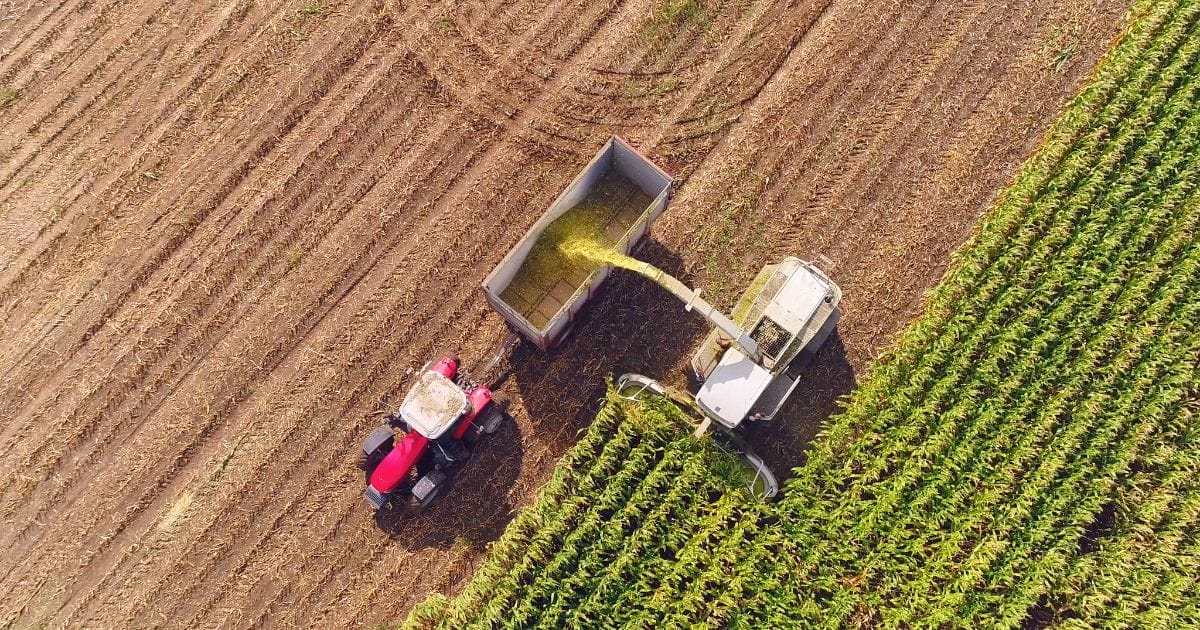Drought conditions did not leave Illinois corn farmers without hope this harvest season. While yields are anticipated to fall below last year’s harvest, this season is far from a disaster.
Much of the hope rests with a healing rain in June that played a heavy role in saving the crop from ruin, said Steve Turner, a member of the Illinois Farm Bureau and a farmer in Cass and Morgan counties.
“I think it’s not going to be a bumper or a record yield but I think we’re going to be basically holding our own,” Turner told The Center Square.
The dry conditions that hit parts of the state won’t be much of a challenge now that harvest time is here and expected to continue until October or November. It may even help farmers to get their work done, Turner said, noting that farmers are known for finding the silver lining.
Unlike areas to the west where a lack of rainfall is taking a toll, Illinois was spared the full brunt of arid weather, he said.
“I think we really dodged a bullet on a lot of extreme drought this year,” Turner said.
The status of the harvest currently puts farmers on par with the five-year average. Turner helped to put the corn harvest figures into perspective.
“The Illinois yield will probably be down from what it was last year,” he said.
He estimated that the Illinois corn yield was over 200 bushels on an acre last year. Even if it drops to 188 he said farmers are still raising the crop.
The same could not be said for 2012 when drought conditions did spell disaster for the harvest.
“I got to go back to 2012 where we did have no rain all summer,” Turner said. “We’re not looking anything like that.”
Meanwhile, the condition of the corn is considered variable and includes some reduced yields.
In other harvest news, Turner said the state is a few weeks away from the start of the soybean harvest and farmers are again expecting reduced yields.
Additionally, the alfalfa hay harvest has been reduced due to the shortage of rainfall, but the government allowed livestock managers access to conservation areas to care for their herds now and in preparation for winter, according to Turner.
This article originally appeared on The Center Square.






